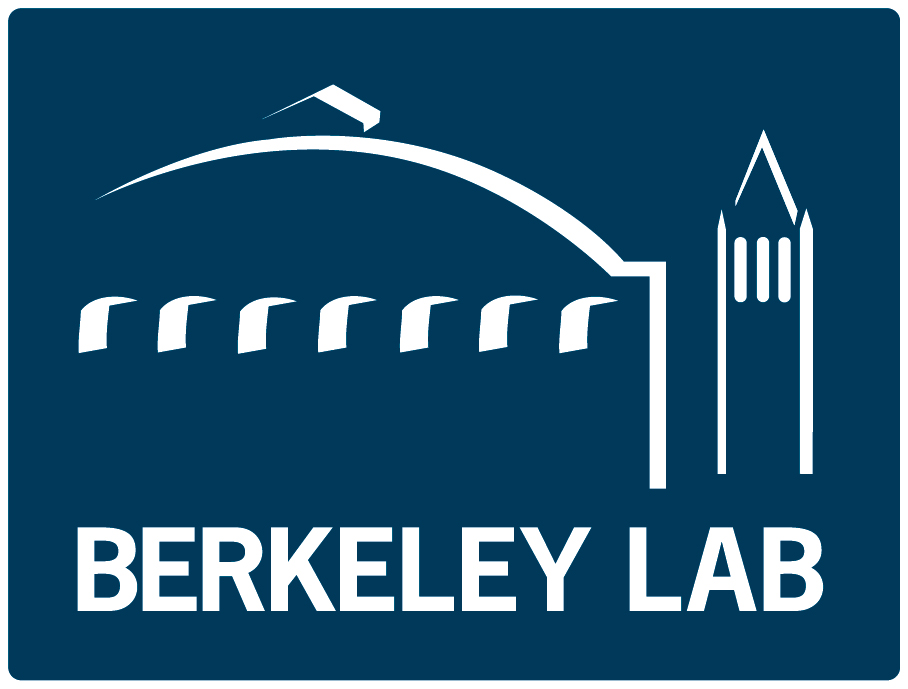APPLICATIONS OF TECHNOLOGY:
- Plant bioengineering
ADVANTAGES:
- Fine-tunes RNA and protein expression
- Layering expression regulation
- Can be used for temporal and tissue specific expression repression
ABSTRACT:
A team of Joint BioEnergy Institute (JBEI) researchers led by Dominique Loqué has developed a new plant bioengineering system for improved precision of transgene expression through regulation of mRNA translation and stability in plants. Using endoRNases and their precise target sites, the JBEI technology improved gene expression tightness and allowed for greater control of transgene products.
Loqué’s team successfully disabled the translation of a monocistronic gene through the cleavage of engineered 5’ untranslated regions with specific endoRNases to synchronize the control of expression of multiple genes, temporally repressing and/or eliminating expression of a target gene in specific cell types.
The JBEI researchers are unaware of other known synthetic negative regulator designed to control mRNA translation in plants. This new technology allows for greater engineering flexibility and is compatible with any DNA-based regulatory system. Therefore, it offers alternative technologies to control gene expression and supports regulation layering.
DEVELOPMENT STAGE: Proven principle.
STATUS: Patent pending. Available for licensing or collaborative research.
SEE THESE OTHER BERKELEY LAB TECHNOLOGIES IN THIS FIELD:
Toaster Software: Optimizing CRISPR Technologies for Genome Editing
Creation of Heritable Traits in Chimeric Plants
